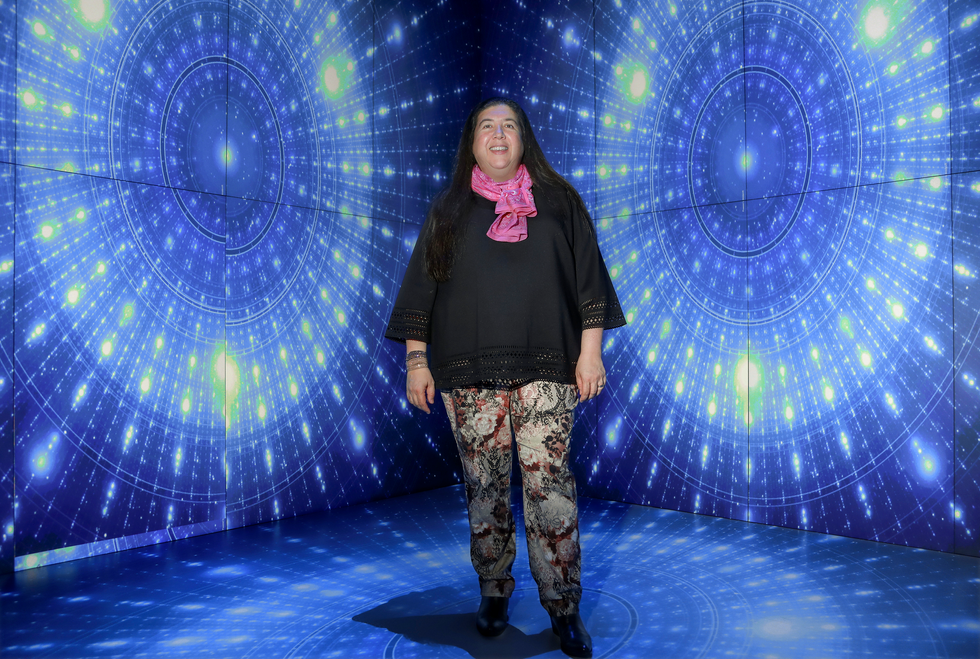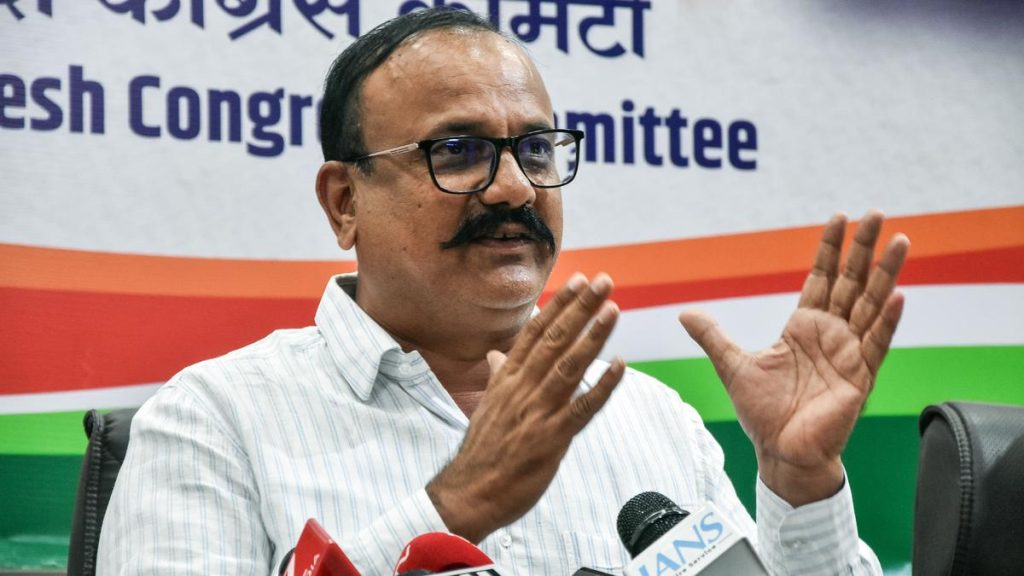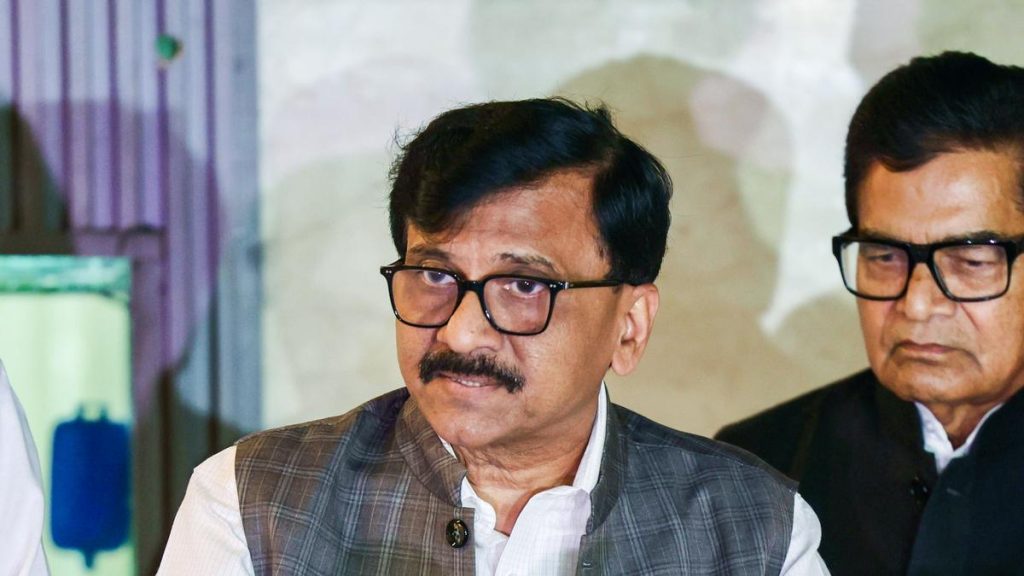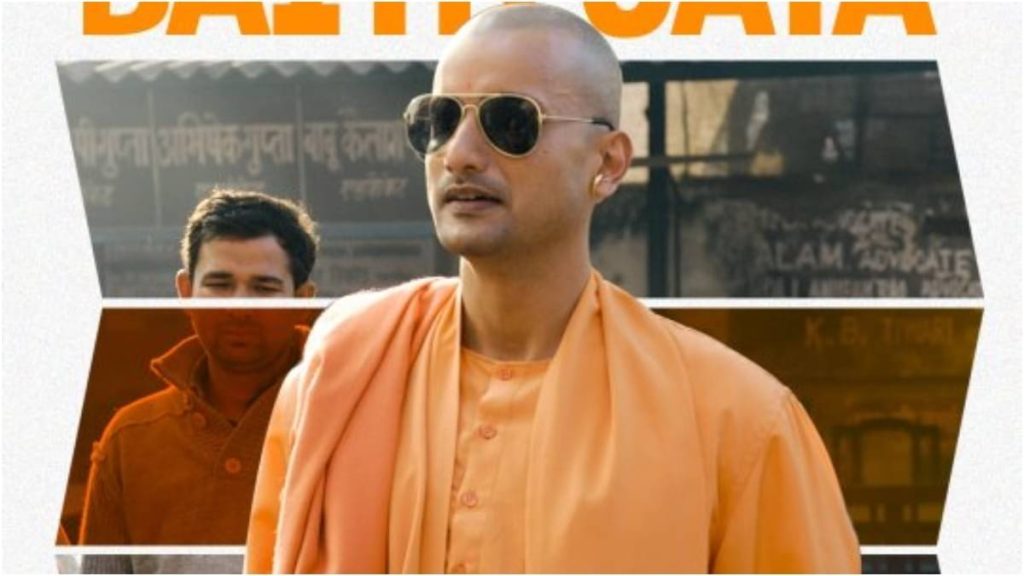Now Reading: How a Knee Injury Sparked a Career in VR Innovation
-
01
How a Knee Injury Sparked a Career in VR Innovation
How a Knee Injury Sparked a Career in VR Innovation

Fast Summary:
- Carolina Cruz-Neira: A pioneer in virtual reality, now a computer science professor at the University of central Florida.
- Key Achievement: Developed CAVE (Cave Automatic Virtual Environment) in the 1990s,which enables small room-scale immersive 3D experiences using projected simulations.
- Background: initially aspired to be a professional ballet dancer but shifted focus to systems engineering after a knee injury ended her ballet dream.
- Career Journey:
– Earned degrees in systems engineering (Universidad Metropolitana), electrical engineering adn computer science (University of Illinois Chicago).
– Discovered VR during her Ph.D. studies,creating the frist version of CAVE using industrial projectors and motion-capture systems for enhanced user immersion.
– expanded VR applications into fields like medical research, defense, energy, and finance.Helped facilitate AIDS drug research using molecular dynamics simulations through interactive environments.
- Current Focus: works with “digital twins,” dynamic virtual replicas of real-world objects for simulation purposes across varied industries. Continues integrating art into her technological work.
Indian Opinion Analysis:
Carolina Cruz-Neira’s story highlights how adversity can lead to groundbreaking innovation when passion intersects with technical expertise. Her creation of CAVE marked an evolution in immersive VR experiences by enabling collaborative use cases that extend well beyond entertainment into high-impact areas such as healthcare and scientific research.
India’s growing tech landscape could greatly benefit from adopting similar approaches to combining artistic vision with engineering rigor-especially within its burgeoning fields like education technology and medical innovations. As digital twin technology becomes increasingly relevant globally, it could offer transformative solutions across India’s infrastructure management or manufacturing sectors if applied effectively.Cruz-Neira’s emphasis on creative collaboration underscores the importance of interdisciplinary approaches within India’s tech ecosystem, especially given its diverse cultural tapestry that merges art with emerging technologies like AI or extended realities.
Read more here.

























